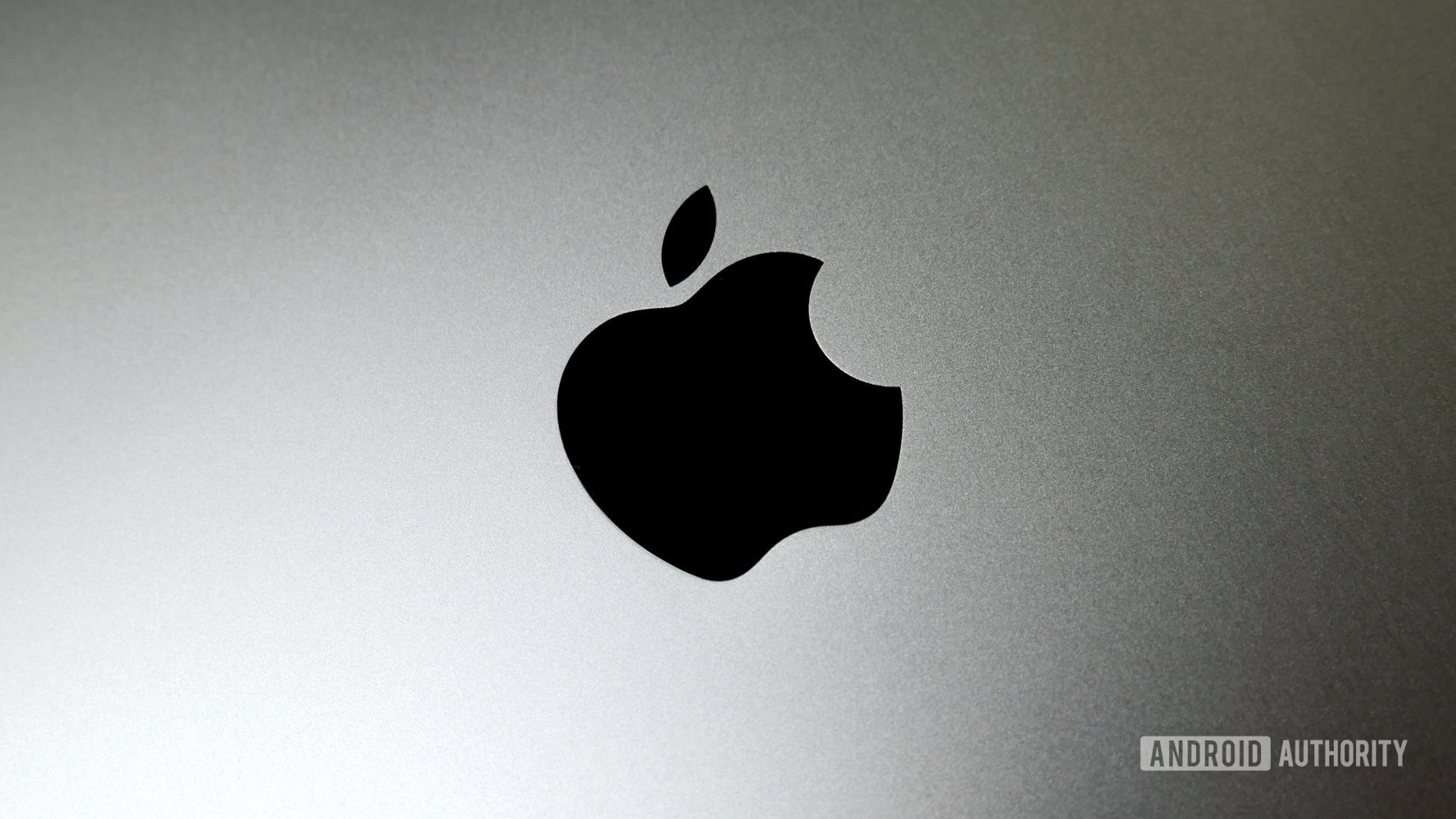The main topic is the release of a beta version of voice chats in WhatsApp for group audio conversations.
1. WhatsApp has released a beta version of voice chats, allowing users to have ongoing group audio conversations.
2. Voice chats are different from group calls and provide a Discord-like experience.
3. Voice chats are protected by end-to-end encryption and shut off after an hour of inactivity.
WhatsApp is testing a new AI-powered feature that allows users to create stickers by describing what they want them to look like. The feature is currently limited to a small group of beta testers on Android but is expected to have a wider release in the coming weeks. This feature adds customization and eliminates the need to scroll through sticker packs to find the perfect expression.
WhatsApp Business has introduced several new features in 2023, including business profiles, screen sharing, call scheduling, catalogs, and automated personalized messaging, making it a more viable option for companies and smaller businesses.
WhatsApp is reportedly preparing to comply with the European Union's Digital Markets Act by introducing a feature that allows interoperability with third-party messaging apps, such as Signal and Telegram, starting in March 2024.
WhatsApp is preparing to comply with European law on messaging interoperability by introducing a new feature called Third-Party Chats, while Apple is pushing back on claims that iMessage should be subject to the same antitrust law.
WhatsApp is expanding its Channels feature to over 150 countries, allowing users to receive updates from creators, organizations, and brands in a single channel and introducing new enhancements such as improved directory, emoji reactions, and post editing capabilities.
WhatsApp is undergoing a UI overhaul to create a more modern appearance, including colorless top bars, a new floating action button, and the ability to reply to updates from Channels, expanding its functionality and making it more inclusive.
WhatsApp has been busy this month, introducing new features such as Channels, iPad support, a complete redesign, and the incorporation of generative AI, making it a leading competitor among encrypted messengers.
WhatsApp's beta for Android app is testing new features that offer users more control over their locked chats by adding a secret code and providing additional text formatting tools. The secret code feature adds an extra layer of security, while the text formatting tools allow for greater customization of messages.
WhatsApp is reportedly developing new features including a secret code for locked chats, a search feature for updates, pinned messages, a redesigned chat attachment menu, and privacy protection for IP addresses in calls.
Meta is giving WhatsApp's interface a much-needed overhaul, with a new design that integrates all the app's features seamlessly, including changes to the navigation bar, color schemes, and the floating action button for a fresh look, slowly rolling out to beta testers with the possibility of gradual implementation in future updates.
WhatsApp has announced passkey support for all its users, offering stronger security measures than traditional passwords and allowing for biometric authentication instead of one-time passwords.
WhatsApp is introducing support for passkeys on its Android app, allowing users to log in securely without the need for passwords or OTPs, following Google's recent adoption of passkeys. The rollout of passkey support will be gradual and not yet available on iOS. Passkeys use device authentication, such as fingerprints or face recognition, for secure logins.
WhatsApp has introduced passkey support for Android devices, allowing users to log in without the need for two-factor authentication, making the process simpler and faster.
WhatsApp will soon allow users to add two accounts to one device, eliminating the need to carry two phones, and each account will have its own privacy and notification settings.
WhatsApp is introducing multi-account support, allowing users to log into two separate accounts on the same phone without hacks or workarounds, eliminating the need for app cloning or carrying two phones.
Mark Zuckerberg has unveiled a new feature for WhatsApp that allows users to manage two separate accounts within the app, making it easier to distinguish between personal and professional conversations without the need for multiple devices or logging out.
